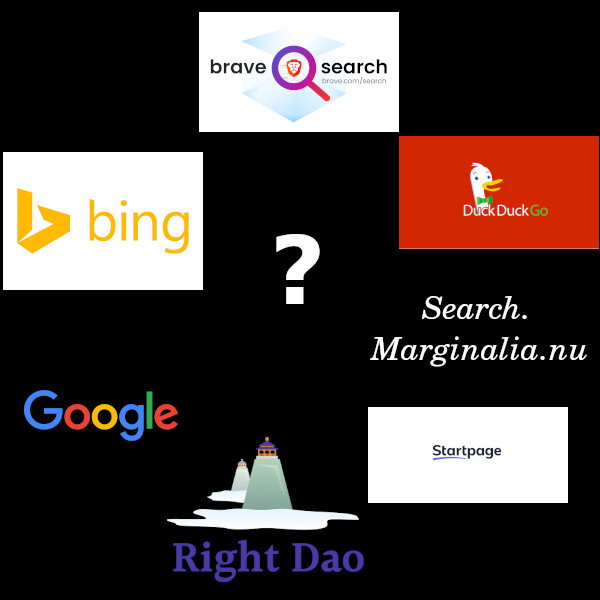By Andy Valencia
When I was the manager of all software development at a fairly large startup, I made the worst management decision of my career. Two of my top technical leads came to me with a design tradeoff which they just could not settle between themselves. They each told me their position, and I then chose. One guy smirked; the other looked at me with a bit of wounded disappointment.
What I should have done is have each of them argue the other lead’s position. Whoever did the best presentation would then own the decision, including folding in parts of both proposals as they saw fit. The higher you climb on the management ladder, the more your job is only about hiring good people and ensuring they have the information and authority to make the right things happen.
When you do Internet searches, treat your search engines like highly skilled employees. Can they show you both sides of a decision you’re considering? And not just mention one side, but enable you to understand the people who have reasonably chosen each side? If they can’t or won’t, treat them like a second-class source of information.
In medical decisions, you can get a second opinion. Did you know the same is true of search engines? Whichever one you start from, let the variety of available search engines work for you!
https://google.com/ google.com is, of course, the biggest search engine. If anybody has the answer, they will. But will you get to see that answer? They have a large – and growing – list of editorial decisions they use to control your search result. If something’s true, but they don’t want you to know it – you won’t get it from them. And the list itself is secret.
https://bing.com/ bing.com is Microsoft’s answer to Google search. It started out weak and has become quite good. They scan web pages for themselves, and generate their own search results. As a huge corporation, they also bring an agenda to those results. But they’re much smaller in the search engine competition, and their results often feel less “rigged.” They also tailor results based on a profile they create about you. They want to keep you “in the fold”, and so they’ll skew their answers based on what they know you want to hear. It can make you feel happy, but it can put you in an echo chamber, and you won’t even know it.
https://startpage.com/ startpage.com is a privacy wrapper around google.com. As such, it’s Google-style results, but without the per-user tailoring. It still reflects Google’s global censorship decisions, but lets you take one small step outside the echo chamber.
https://duck.com/ duck.com (AKA DuckDuckGo) is also privacy-respecting. They start from bing.com’s datasets, but do their own indices and search result calculations. For their initial years, they were very even-handed in the results, but have now announced that they’ll be applying censorship to various categories of information. Disappointing, but they have a long way to go before they reach Google’s level. Very often their results are superior to Google’s.
https://search.brave.com/ search.brave.com comes from a company with a browser marketed as privacy-focused. It claims to build their own search indices, and to calculate their own search results – all while entirely preserving your privacy. However, their browser product is known for its aggressive integration of both ads and cryptocurrency monetization. Thus, most users expect the future to hold more ads and other nonsense. For now, it’s a pretty good experience.
https://rightdao.com/ rightdao.com scans the web for themselves, and builds their own search results. The result quality is inferior to, say, duck.com, but sometimes comes up with gems that the bigger search engines miss. They don’t appear to apply any hidden agenda to the results they provide.
https://search.marginalia.nu/ search.marginalia.nu is a beautiful labor of love; it feels like a one-man show. You won’t find the best product review of a cell phone, but you might find a poet or essayist who would be lost in the vast, profitable search machines of the giants. They’re the small-town newspaper of search engines.
Jump “the fence” of search, and maybe you’ll find a brand new part of the Internet!


